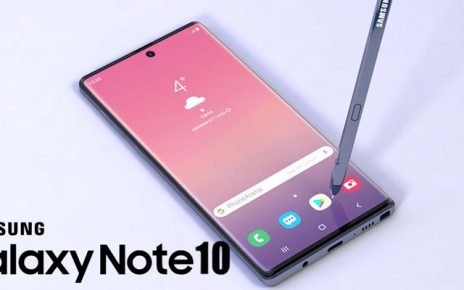Ren Zhengfei, the president and founder of Huawei, talked at the company’s headquarters in front of the press. He stated that the company experienced a 40% decline in international sales just in the month of May. This is a serious impact on the Chinese magnate, which will now have to lower their production value by $30 billion. This comes as a result of the U.S. ban on the Huawei handsets. Namely, the U.S. government has placed the Chinese on the list of foreign firms that American companies can’t trade with without a license.
This comes in the wake of the White House attempts to block the use of Huawei products on American soil. Trump administration’s argument against the Chinese company is that they represent a risk to the country’s security. Huawei has the largest production of telecoms equipment in the world and is also the world’s second-largest smartphone producers.
Ren Zhengfei, speaking at a company’s panel in Shenzhen, reiterated they would have to cut production. Now, sales will not progress in 2019 and 2020, having capped at $100 billion. As a reminder, earlier this year, the predictions were that Huawei would hit $125 billion in sales by the end of the year.
Ren added that, despite a sharp decline in international sales, the growth in China was stable. Thanks to this, Huawei won’t need to cut funds in the development and research departments. In fact, Ren expects to steady the ship and regain vitality in 2021.
Others Join the US
Although Ren stated earlier that the U.S. ban wouldn’t affect the company, now it’s not as easy to say so. The U.S. actions have influenced companies from other parts of the world to take action and distance themselves from Huawei.
Firstly, Google has decided to leave out Huawei from some of the latest updates to Android. This way, users of new Huawei smartphones won’t be able to download all the apps available on Google Store. Additionally, Japanese companies KDDI and Softbank have stopped selling Huawei handsets for an unstated amount of time. In the United Kingdom, company ARM, which designs chips, although not publicly stating so, has stopped doing business with Huawei.
The initial ban and all further actions taken come as a consequence of Huawei’s introduction of the next-gen 5G network. With 5G, their mobile devices have access to broadband and rapid internet connections. The U.S. government believes that China can use the Huawei infrastructure for surveillance of other countries.
As expected, Huawei has firmly denied these allegations. They said that the company worked independently from the Chinese government and that their new 5G network didn’t pose any security threat. Despite this, several countries have banned their companies from using Huawei’s 5G products.



